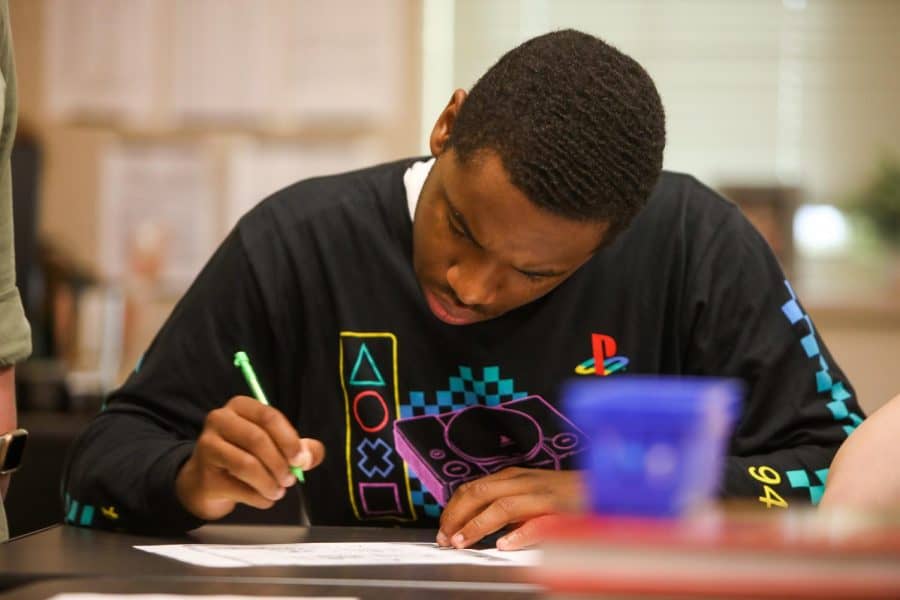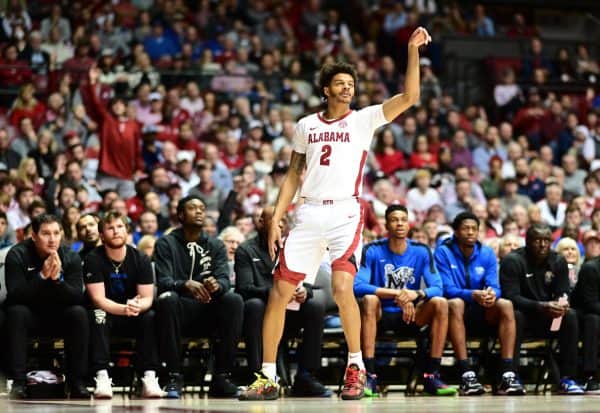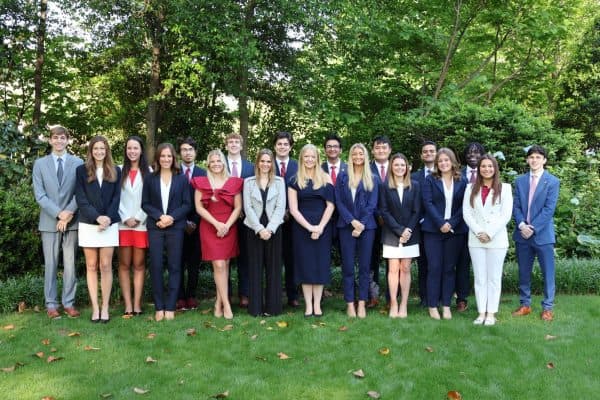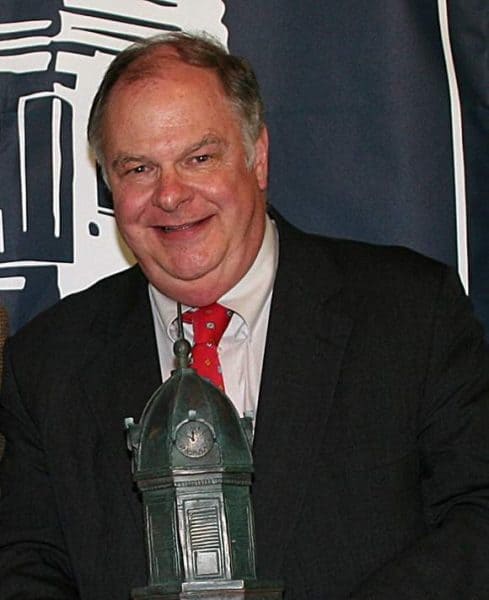‘History of Us’ course transforms classroom experience at Central High
October 17, 2019
It’s not every day that high school students can learn about the hidden history within their state, or even in their city. But a new class at Central High School is working to change that.
African American history in high schools across the nation is often reduced to one month: Black History Month. Every February, students learn about influential figures such as Rosa Parks, Malcolm X and Martin Luther King Jr., but most students are taught little about the African American history in their own communities.
This year, Central High School in Tuscaloosa has teamed up with over a dozen community partners, including the University of Alabama associate professor of history and African American studies, John M. Giggie, to answer this question. “History of Us” is a year-long course created in hopes of getting students engaged in learning about African American history and understanding civic engagement.
“I want [the students] to become historians in their own right,” Giggie said, noting that his goal was to see them “asking questions and imagining solutions to problems that are often not discussed” and investing in “recovering lives that have been lost.”
Not only is this course the only year-long African American history course in the Alabama public schools, but it’s also the only course in the country that centers the curriculum on experiences of racial violence.
Throughout the course, students learn about the hard truths of their community, such as its history of lynching. As taught in Giggie’s course, the students learn that lynchings aren’t only characterized as hangings; they can also describe shootings or other lethal hate crimes motivated by broken racial codes.
The course opens up local historical documents for the students to interpret. In a lesson last week, Giggie showed students a rare find: a death certificate. The certificate showed a truth behind most lynching cases, in which the names of the deceased and the causes of death were not easy to interpret. Giggie said documents like these show an “overt attempt to erase memory from public record.”
“This person never had a proper burial,” Giggie said. “His life was taken away and was never meant to be uncovered.”
Because the course is sponsored by the University, the students are able to use University resources to conduct their research, such as online databases.
During class meetings, Giggie, along with two other instructors, UA graduate student and co-producer Margaret Lawson and Central High history teacher Jessie Chadwick, demonstrate how the knowledge being presented to them can affect their everyday lives.
“Embedding this course into their curriculum, I think, is wonderful, because then [the students] become leaders within the school and share their knowledge with the community,” Chadwick said.
The instructors said they hoped that every session allows the students to take a piece of knowledge with them that they can share among their friends and communities as leaders. The course requires the students to be engaged, interactive and inquisitive about what they are learning.
One of the facts that students learn in this course is that Tuscaloosa was once the national headquarters of the Klu Klux Klan. Some students, like Devin, a junior at Central High, noticed that the Tuscaloosa community has progressed from its violent past but noted that the information learned in class still holds relevance.
“I feel like it’s something that really should be pushed towards other students everywhere,” he said.
“History of Us” covers slavery, the Civil War, Reconstruction, Jim Crow and the civil rights movement within Tuscaloosa and surrounding areas. Not only are the students able to engage in the classroom, but they also have the opportunity to tour the Civil Rights Trail in Tuscaloosa. The Civil Rights Trail is led by the Tuscaloosa Civil Rights Task Force, and it outlines important hidden African American landmarks throughout the city, such as sites where a lynching took place and where angry mobs gathered to protest African American freedom.
“This is a really cool way to expose our kids to their culture and just to be able to see some commonality,” Central High IB Coordinator Jennifer Hines said.
Chadwick and Hines said they are glad to see that their students are gaining the ambition to grow and learn more about their hidden history. They hope to see students grow to be leaders in their schools and, when they graduate, leaders in their communities. Once the class is completed, the students will share their knowledge of African American history at a community event.
“We want to have a tsunami effect, not just a ripple effect, but one shake in [Central High] and it spreads everywhere,” Chadwick said.
Although this is the first time this course has been taught, the instructors plan to expand the program to the two other city schools next year.
“We’re carrying the torch for civil rights in Tuscaloosa,” Devin said.
You can follow the class and their work @us_tuscaloosa on Twitter and Instagram.
In an effort to protect the privacy of minors, coordinators of the program have requested that the last names of students not be published.











